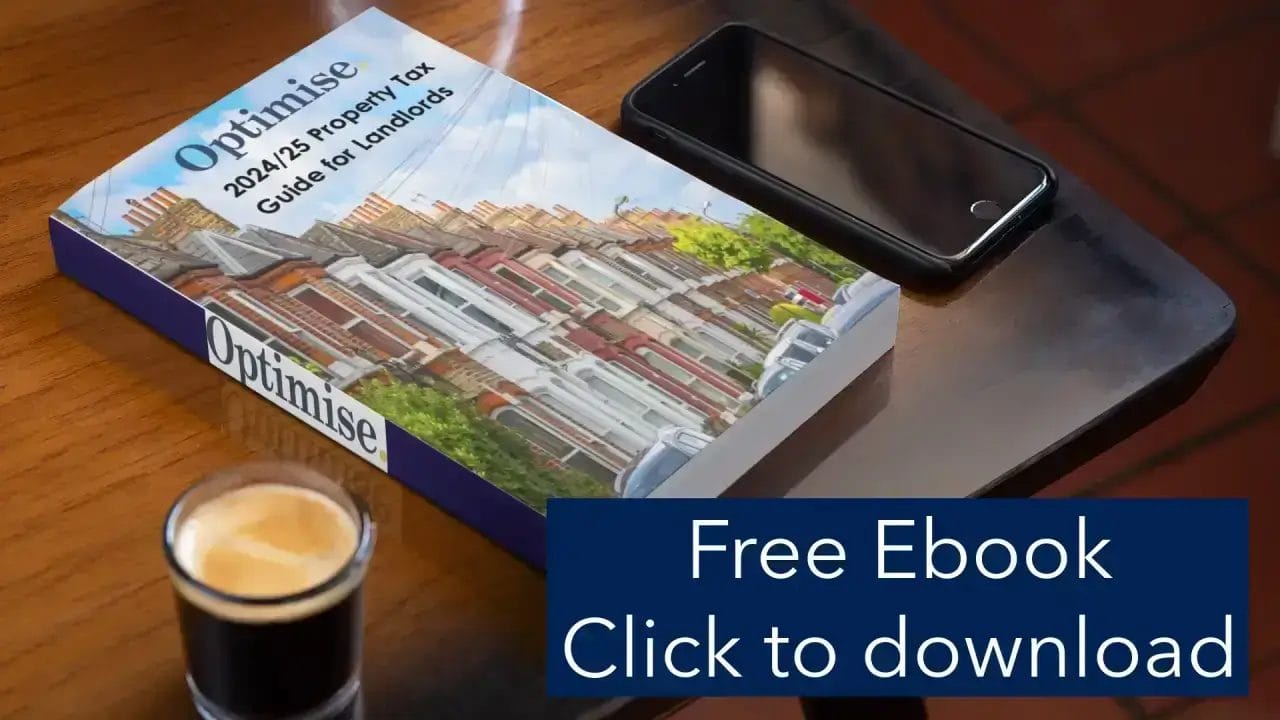LEGACY and important documents and records of information you need to gather together
In 2023, HMRC reported that over 270,000 estates in the UK required probate, highlighting the crucial role of comprehensive estate planning. Without proper documentation, families face delays, disputes, and potential tax inefficiencies. This article provides a detailed guide to the essential documents and records needed for effective legacy and succession planning in the UK.
Dying intestate (die without a will) can have serious consequences for you whilst you are grieving. This is why it is essential to identify & secure documents together that help your executors hand over assets without a struggle to the beneficiaries, such as pensions, investments, bank accounts or even property.
You may have international tax affairs in Spain, the US or the UK and need to get expat tax advice, which Optimise may support you with.
Please consider using Optimise Accountants’ LEGACY services if you are concerned about your family succession planning.
You can create a will within just 30 minutes for just £129.95 with our simple step-by-step instructions. No need to speak with wealth managers or solicitors. Start creating your will now from the comfort of your own home.
Legal and Core Estate Planning Documents
A robust estate plan begins with key legal documents:
– Will (Last Will and Testament)
– Revocable or Irrevocable Trust Deeds
– Power of Attorney – Financial
– Power of Attorney – Health & Welfare
– Advance Healthcare Directive / Living Will
– Custodianship Declarations
– Beneficiary Designation Forms
– Marriage and Civil Partnership Certificates
– Birth and Adoption Certificates
– Pre- or Postnuptial Agreements
– Grant of Probate (if applicable)
Rebecca Probert, an expert in family law, stresses the importance of coordinating these documents to minimise disputes, especially for blended families and unmarried partners.
Financial and Asset Records
Accurate financial documentation supports proper estate valuation and inheritance tax planning:
– Pension Statements
– Bank and Savings Account Records
– Investment Portfolios
– Shareholding Certificates
– Cryptocurrency Wallet Details
– Life and Critical Illness Insurance Policies
– Property Deeds and Land Registry Documents
– Mortgage and Loan Agreements
– Credit Card Statements
– Business Valuation Reports and Financial Statements
– Asset and Liability Inventories
– Gift and Inheritance Records
– Income Source Summaries
– Tax Returns (past seven years)
– UTR Number and HMRC Correspondence
– ATED or Capital Gains Tax Filings (where relevant)
Business Succession Documents
For business owners, succession planning ensures continuity and value retention:
– Business Succession Plan
– Buy-Sell Agreements
– Articles of Association and Company Bylaws
– Shareholder and Partnership Agreements
– Board Resolutions
– Employee Contracts
– Key Person Insurance Policies
– Organisational Charts
– Intellectual Property Ownership Certificates
Estate solicitor Daniel Edwards highlights how unclear business succession can cause probate delays and family conflicts.
Personal and Family Records
Identification and family details facilitate estate administration:
– Passport and Driver’s Licence
– National Insurance and Social Security Numbers
– Military Service Records (if applicable)
– Beneficiary Contact Lists
– Family Tree or Relationship Maps
– Funeral Wishes and Prepaid Funeral Documentation
– Organ Donation Registrations
– Obituary Drafts or Notes
Tax expert Carl Bayley advocates for clear funeral instructions to reduce stress on executors.
Digital and Administrative Records
With growing digital assets, management of online information is essential:
– Digital Vault Credentials
– Online Banking and Investment Access
– Email and Social Media Logins
– Password Manager Master Keys
– Cloud Storage Access
– Subscription and Utility Account Details
– Safe Deposit Box Information
– Digital Asset Inventories
– Domain and Intellectual Property Ownership
Financial planner Karl Hartey urges treating digital assets with the same care as traditional property.
Professional Contacts and Advisory List
Maintaining updated contacts of advisors and executors aids smooth estate administration:
– Solicitors
– Accountants and Tax Advisors
– Financial Planners
– Executors and Trustees
– Insurance Brokers
– Company Secretaries
Author Matthew Smith underscores the importance of transparency and clear communication with professional advisors.
Artefacts, Heirlooms, and Sentimental Items
Emotional legacies are as important as financial ones:
– Inventories of Family Heirlooms
– Valuations for Jewellery, Art, and Collectibles
– Keepsake Photos and Catalogues
– Personal Letters or Video Messages
– Charitable Bequest Instructions


